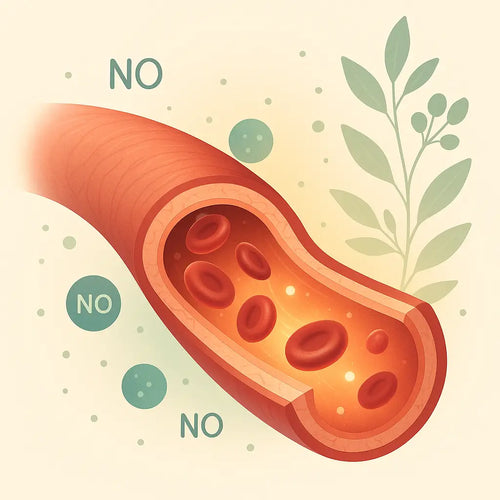Sleep apnea causes abnormal pauses in breathing or abnormal low breathing during sleep. Some of the symptoms are snoring, fatigue during the day, impaired reaction time and decreased short term memory.
Sleep apnea is more common in individuals who are overweight.
The research reviewed evaluated the effectiveness of a low calorie diet and weight loss on sleep apnea (Johansson K, et al. 2011). The participants were men aged 30-65 with a body mass index (BMI) of 30-40 and moderate to severe obstructive sleep apnea. The study went on for one year.
At the beginning of the study the participants experienced an average of 36 events per hour. After the initial 9 weeks of low calorie intake and weight loss a decrease of 21 events per hour was seen.
At one year the improvement was maintained as long as the participants did not gain their weight back. The ones that lost the most weight and the ones that had the most severe sleep apnea at the beginning of the study experienced the most benefits.
The book “The Food Connection” provides information to get you on the right track with easy to make recipes.









